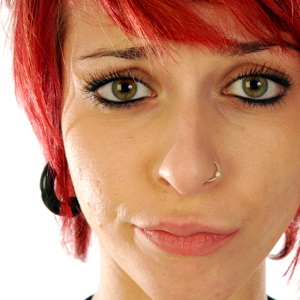
This is according to statistics released by the Department of Health. The Mental Health Information Centre (MHIC) adds that roughly 25% of all general practitioners' patients are ill due to psychiatric rather than general medical conditions.
Mental disorders have a significant negative social and economical impact on South African society. According to the MHIC, the costs of alcohol abuse through health and medical expenses, lost productivity, violence and crime, are more than R5 billion each year. The costs of other mental disorders, particularly when they are diagnosed late, are at least as high as those for substance abuse. In addition to this, there are the human costs of mental disorders e.g. individual suffering, marital disruption, and family breakdown.
Globally the World Health Organisation (WHO) estimates that 400 million people alive today suffer from mental or neurological disorders or from psychosocial problems such as those related to alcohol and drug abuse.
Disability
Mental illness causes extensive disability in rich and poor countries alike, and is increasing. Unipolar depression, alcohol use, bipolar affective disorder, schizophrenia and obsessive-compulsive disorder were among the ten leading causes of disability world-wide in 1998. Major depression was ranked fifth in the ten leading causes of the global disease burden in 1998. It is estimated that by the year 2020, depression will be the second greatest cause of disability and loss of productivity.
Medical researchers have gained important new insights into the causes of mental disorders and have developed new and effective treatments for these conditions. Early diagnosis and treatment of mental disorders can lead to rapid recovery and can substantially reduce economic and personal costs of illness. The tragedy is that many people who can be helped do not receive treatment.
Why treatment isn't offered
Why is care that is known to be affordable and effective not provided? WHO mentions the following main reasons: the low propriety generally given to mental health, the traditional centralisation of mental health services, the poor application of proven strategies and the stigma of mental illness.
The MHIC adds that one of the greatest obstacles to preventing mental illness, and improving services and treatment, is ignorance. Psychiatric Disability Awareness month aims to focus the attention on mental illness and thereby to reduce ignorance. (Ilse Pauw, Health24)




 Publications
Publications
 Partners
Partners















